Word Space Week 2022: Life Extension is the Future of Sustainable Satellites
This year's theme for World Space Week is sustainability. Making space greener is massively important to our world, nation and region. We attended Space Comm 2022 last month and one of the hotly debated topics was Space Sustainability. It's incredibly important to have discussions about how the sector can be more sustainable at a time when it is growing at such a rapid rate. With a new space age on the horizon, what are leading space businesses doing to help improve sustainability in space?
MEV-1
Robert Hauge, President of SpaceLogistics, spoke at Space Comm on a panel focusing on in increasing the sustainability of satellites. SpaceLogistics, a subsidiary of Northrop Grumman, currently provide in-orbit satellite services and think they have found a solution to the ever-growing challenge of space debris. Targeting satellites in GEO, SpaceLogistics have developed the Mission Extension Vehicle-1 (MEV-1), which was first launched in early 2020. This is the industry's first life extension vehicle designed to dock to geostationary satellites when their fuel is nearly depleted. Once the MEV is connected, it uses its own fuel supplies to extend the client satellites' lifespan by 6 years.
Bringing space debris back down from orbit is a taxing task and many are seeking other methods to reduce the Kessler Effect, a phenomenon resulting in a cascade of space debris. Life extension services are becoming increasingly feasible, reducing the requirement for new satellites to be launched into the atmosphere. Instead, older satellites can be repaired, refuelled and even reconfigured, thereby extending their service by years.
MEV-2 made rendezvous with Intelsat’s IS-10-02 on April 12, 2021. The video shows real imagery of the MEV’s approach and docking in GEO, marking the first time docking has been performed on an operational GEO satellite carrying live traffic with no customer outages were reported.

